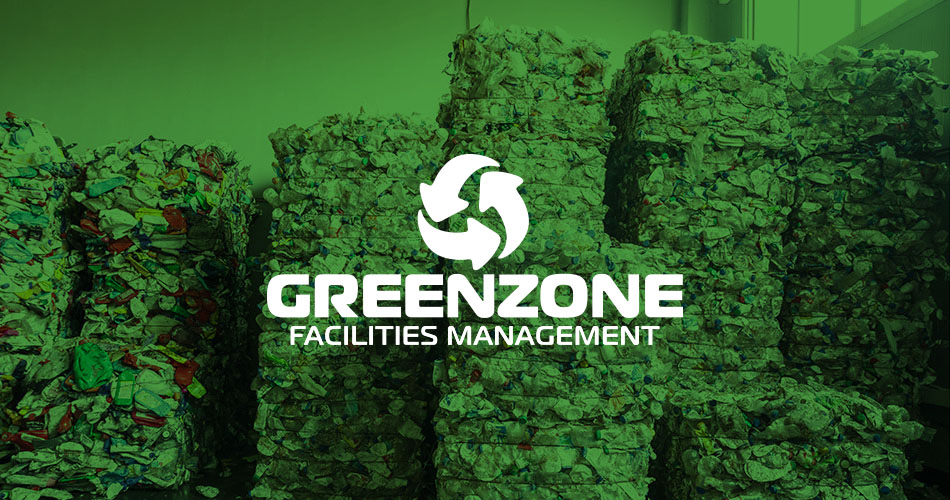In documents published this week, the Agency said that charges imposed on companies maintaining closed landfill sites have remained much the same since the 1990s, with any increases in permit charges in line with inflation.
However, it is implementing a fresh charging regime – which will include a slight increase in permitting costs for some site owners – in order to ensure that businesses cover the costs of services rather than the public purse.
Costs
Following a two-month consultation late last year, the Agency has opted for a system where the costs of the expected regulatory work at a closed landfill is aggregated into an annual bill.
Site owners will pay based upon the site’s adherence to one of six categories which differentiate on the nature of the waste that was permitted to be accepted at the facility when it was active.
This ranges from £663 for a closed landfill that was permitted to accept inert waste with no monitoring requirements, to £3,161 for a site that was permitted to accept hazardous waste where the permit requires active management of landfill gas and/or leachate
.The Agency said: “The new system of charges will recover the costs of that regulation, while recognising that it is desirable to keep the annual subsistence charge paid by each permit holder as low as possible. We consider this approach to be reasonable and proportionate, fair to large and small operators and necessary to discharge our duties to protect people and the environment.
The Agency has concluded that the change in costs is unlikely to have a major financial impact on the sector with annual charges going up between £366 to £808 in most instances.
WEEE
Other changes rolled out from this month include ‘minor changes’ to WEEE producer responsibility costs for producers registered outside of the EU.
According to the Agency, some producers that are established in an EU Member State paid a lower fee than equivalent producers in a country that is not an EU Member State – which it has sought to rectify through the changes brought in this week.
Orginal Source

